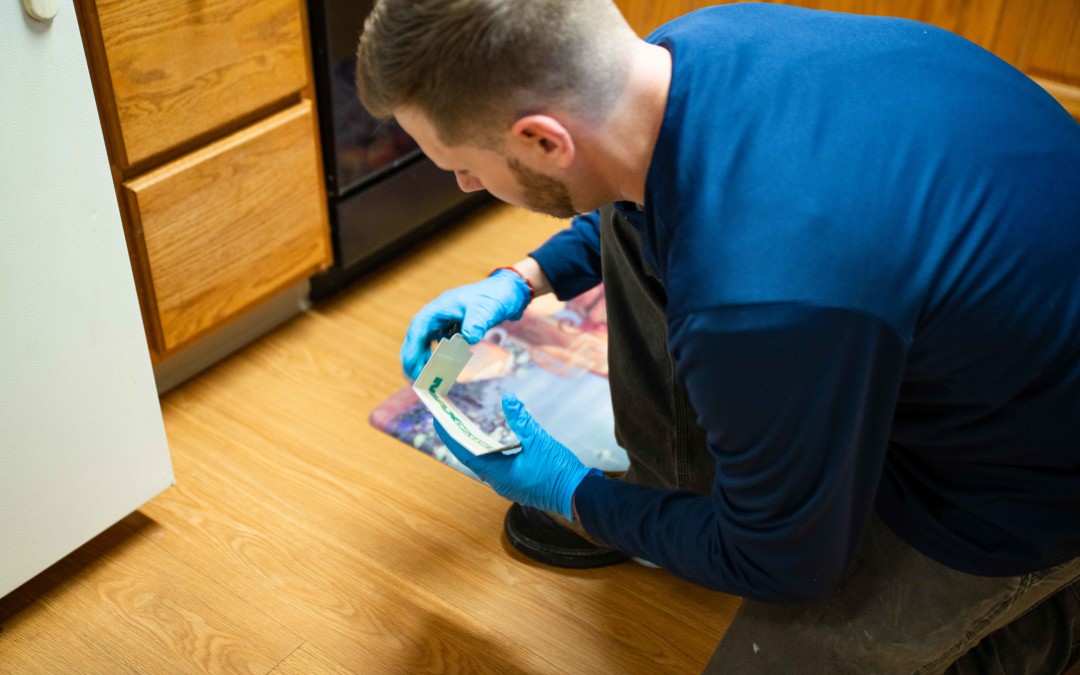Several spider species are commonly spotted within and around Massachusetts homes, including species that build webs to capture prey, as well as solitary hunting spiders that rely on quick movements or ambush attacks to capture prey. With the exception of the rarely encountered northern black widow, and perhaps the yellow-sac spider, spider species that inflict medically harmful bites cannot be found in Massachusetts. While virtually all of the world’s 48,000 spider species produce venom, most spider species possess fangs that are too small to penetrate human skin. Those that can bite humans are reluctant to do so, as even the most venomous spider species are shy around humans and will not bite unless provoked or mishandled.
According to a recent nationwide survey of pest control professionals, wolf spiders and the common American house spider were the two most commonly managed spider pests within residential homes and commercial buildings during the 2016 year. While the American house spider (Parasteatoda tepidariorum) represents a single species, numerous wolf spider species can be found throughout the country. The two largest wolf spider species that are commonly found within Massachusettss homes include the Carolina wolf spider (Hogna carolinensis) and the woodland giant wolf spider (Tigrosa aspersa).
Much like fishing spiders, Parson spiders, and other large and hairy spiders commonly found in Massachusetts homes, wolf spiders do not build webs; instead, wolf spiders rely on their rapid movements to pursue, capture, and eat insect prey. Because wolf spiders rarely stop moving during the nighttime hours, they often chase insect prey into homes, and they sometimes become numerous within insect-infested homes due to the prevalence of easily accessible prey.
American house spiders, on the other hand, constantly construct cobwebs that can become annoying to homeowners. According to Jerome S. Rovner, professor emeritus of biological sciences at Ohio University in Athens, while American house spiders have clearly adapted to indoor life, they probably do not enter homes deliberately, at least not in most cases.; instead, American house spiders are like wolf spiders in that they crawl into homes unknowingly because their poor vision does not allow them to discern between indoor and outdoor environments.
Have you ever found yourself annoyed with a large number of nuisance cobwebs within your home?

